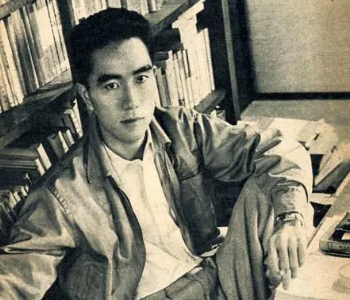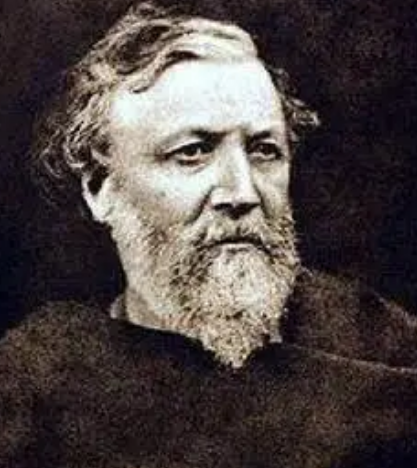In the long history of China, Fengshan has always been an extremely important religious ceremony, symbolizing the emperors' awe and gratitude towards heaven and earth, and a direct embodiment of the concept of imperial power being granted by gods. From the legendary era of ancient times to the heyday of feudal dynasties, many emperors have conducted Fengshan ceremonies to demonstrate the legitimacy and sacredness of their rule. This article will explore the emperors who have conducted Fengshan throughout history and the meanings behind it.

The Origin and Significance of Fengshan: Fengshan is a sacrificial ceremony in which ancient Chinese emperors reported their achievements to heaven and earth and prayed for blessings. In this ceremony, "Feng" refers to sacrificing to heaven, while "Shan" refers to sacrificing to earth. This tradition originated in ancient times, and its specific history is untraceable, but it is generally believed to have begun during the era of the Three Sovereigns and Five Emperors. Fengshan is not only a self-affirmation of emperors' political achievements but also a means of demonstrating their authority to the world.
Famous Emperors of Fengshan: 1. Qin Shi Huang: As the first emperor to unite China in history, Ying Zheng conducted the first recorded Fengshan ceremony in 219 BC. Through Fengshan, Qin Shi Huang demonstrated that his rule had been recognized by heavenly destiny, strengthening the political legitimacy of the Qin Dynasty. 2. Han Wudi: Liu Che, the emperor of the Western Han Dynasty, was a monarch with great talent and ambition. During his reign, he expanded the territory externally and implemented reforms internally. Han Wudi conducted Fengshan in 110 BC, aiming to showcase his cultural and military achievements and consolidate the strength of the Han Dynasty. 3. Tang Taizong: Li Shimin, the founder of the Tang Dynasty, conducted Fengshan in 648 AD, against the backdrop of his wise governance and the prosperity of the country. This marked the rise of the Tang Dynasty and demonstrated the wise governance of Tang Taizong. 4. Song Zhenzong: Zhao Heng of the Northern Song Dynasty conducted Fengshan in the first year of Jingde (1004 AD), which was the only Fengshan ceremony conducted during the Song Dynasty. Song Zhenzong attempted to enhance the nation's image, which had been damaged by war, and strengthen national cohesion through Fengshan.
The Impact of Fengshan Ceremonies: Fengshan is not just an individual act of emperors; it also has far-reaching political and cultural impacts. Every Fengshan ceremony is a reassertion of imperial power and a symbol of national stability and prosperity. However, Fengshan has also often been criticized as burdensome to the people and wasteful of resources, as these ceremonies often involve huge economic expenditures and the mobilization of significant human and material resources.
Conclusion: As an ancient political and cultural phenomenon, Fengshan not only embodies the power and religious beliefs of ancient Chinese emperors but also reflects a part of their governance philosophy. Although Fengshan ceremonies have taken different forms and held different political meanings in different dynasties, they have always been an important bridge connecting heavenly destiny and imperial power. By reviewing the emperors who have conducted Fengshan throughout history, we can gain a deeper understanding of the evolution of ancient Chinese political culture and its influence on later generations.
Disclaimer: The above content is sourced from the internet and the copyright belongs to the original author. If there is any infringement of your original copyright, please inform us and we will delete the relevant content as soon as possible.
































